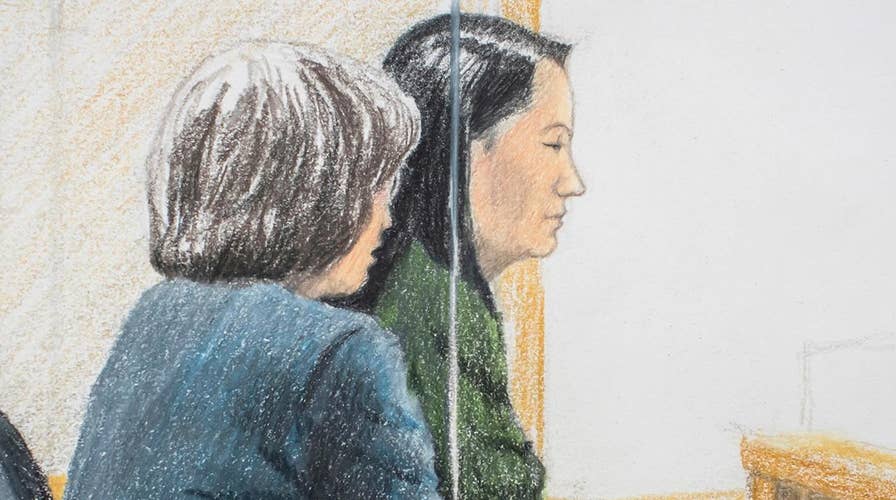The US awaits Huawei exec extradition after Canada bail review
Huawei executive Meng Wanzhou spent another day in a Vancouver courtroom as the judge decides whether Meng should be released on bail while she awaits extradition to the U.S.; FBN's Susan Li reports.
The U.S. is expected to proceed with an official extradition request for Huawei executive Meng Wanzhou, suspected of violating sanctions against Iran, in a case that continues to escalate tensions among the governments of China and Canada, and the Trump administration.
Wanzhou was detained at the request of the U.S. on December 1 in Canada. The U.S. has 60 days to file the formal extradition request – meaning the deadline falls next week - on January 30.
Wanzhou is the chief financial officer of Huawei, a tech communications giant founded by her father, Ren Zhengfei. She is also suspected of misleading bank and investors with regards to a second company that was illicitly selling to Iran.
Federal prosecutors in the U.S. are additionally expected to launch a criminal investigation into accusations Huawei stole “trade secrets” from several U.S.-based companies.
Canada has bemoaned the aftermath it has suffered from fulfilling the U.S. request to detain Wanzhou, given that it's seriously hampered Sino-Canadian diplomatic relations. China retaliated against Canada by detaining two of its citizens, and sentenced a third man previously found guilty of drug smuggling to death.
KEANU REEVES' PICTURE AMONG TOOLS IN CHINA'S CRACKDOWN ON UIGHUR MINORITY
AGENCY WORKS TO END IRAN'S MANIPULATION OF IRAQ, TEMPER CHINA'S GROWING INFLUENCE
While Wanzhou is out on bail in her multimillion-dollar mansion in Vancouver, monitored by an ankle bracelet yet free to leave her home between 6 am and 11pm, Michael Kovrig – a former Canadian diplomat who was apprehended in China last month and with businessman Michael Spavor – are alleged to be held in prison cells with the lights on all day.
Earlier this month, Beijing also sentenced Canadian Robert Lloyd Schellenberg to death. Schellenberg, 36, was at first given a 15-year prison term, after being convicted of international drug smuggling.
In the wake of concerns over Huawei’s alleged violations of Iranian sanctions, countries – including the U.S. and Australia – have subsequently placed restrictions on Huawei equipment, and expressed it could potentially be used to gather intelligence. Huawei has repeatedly rebuffed such worries as “unfounded.”
A spokesperson for China ‘s Foreign Ministry this week also declared that they would “take action” in response to any measures taken by the U.S. regarding the Wanzhou situation, and that “both the U.S. and Canada should be aware of the seriousness of the case and take steps to rectify the mistake.”

